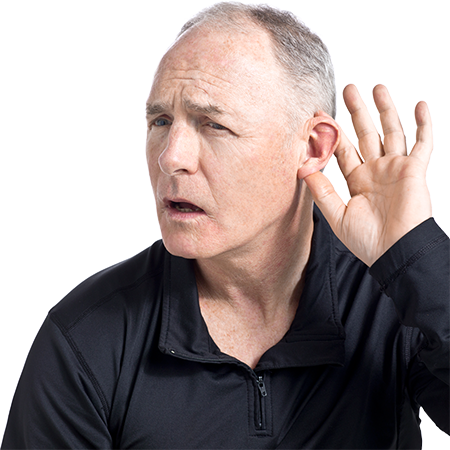The causes of auditory problems
Prolonged exposure to noise is one of the most significant causes of hearing loss. Therefore, protecting one’s hearing is key during exposure to loud noises of any kind.
Other factors can also promote the onset or worsening of auditory problems. Here are some examples:
- aging
- a significant accumulation of earwax in the auditory canal
- trauma to the ear (e.g., to the eardrum)
- otitis media (or repeated ear infections)
- taking certain medications (e.g., antibiotics, anticonvulsant drugs, analgesics, etc.)
- head or neck injuries
- various diseases

